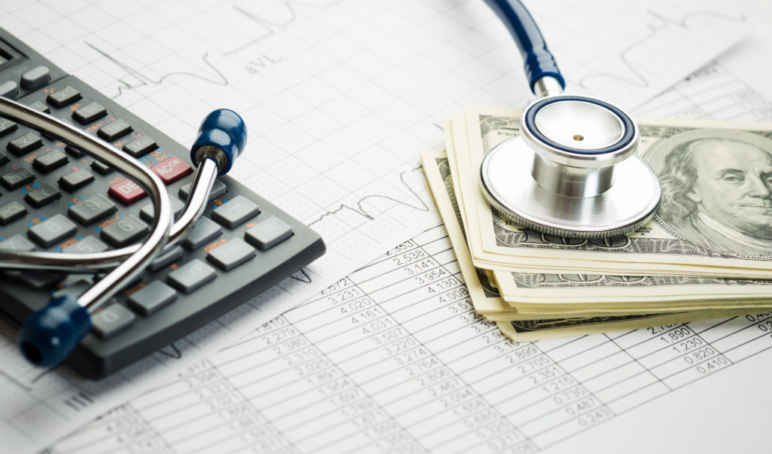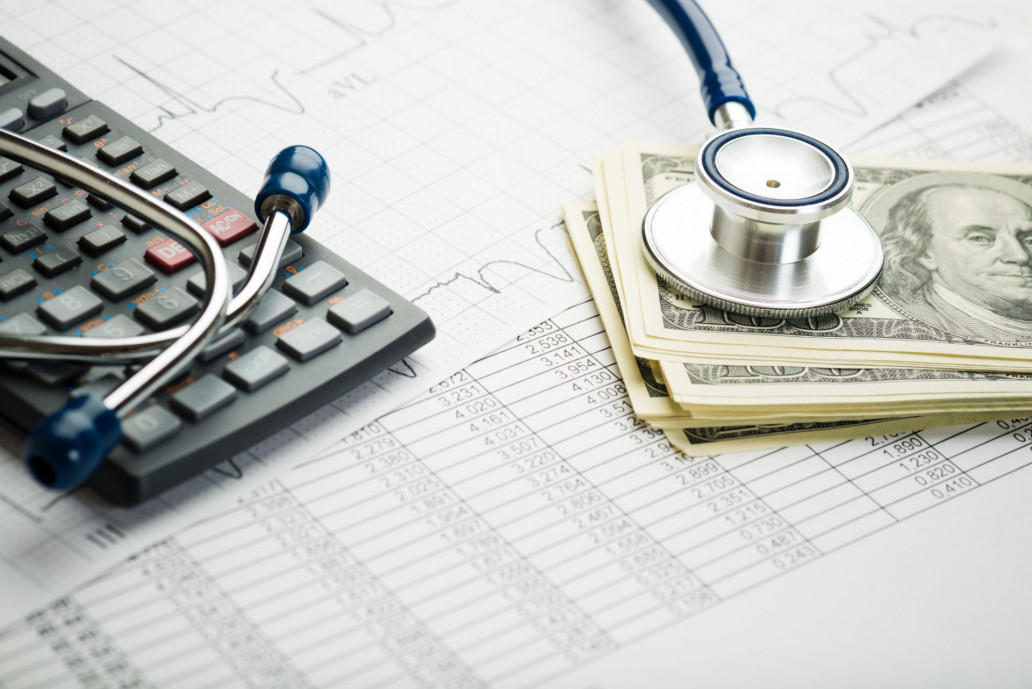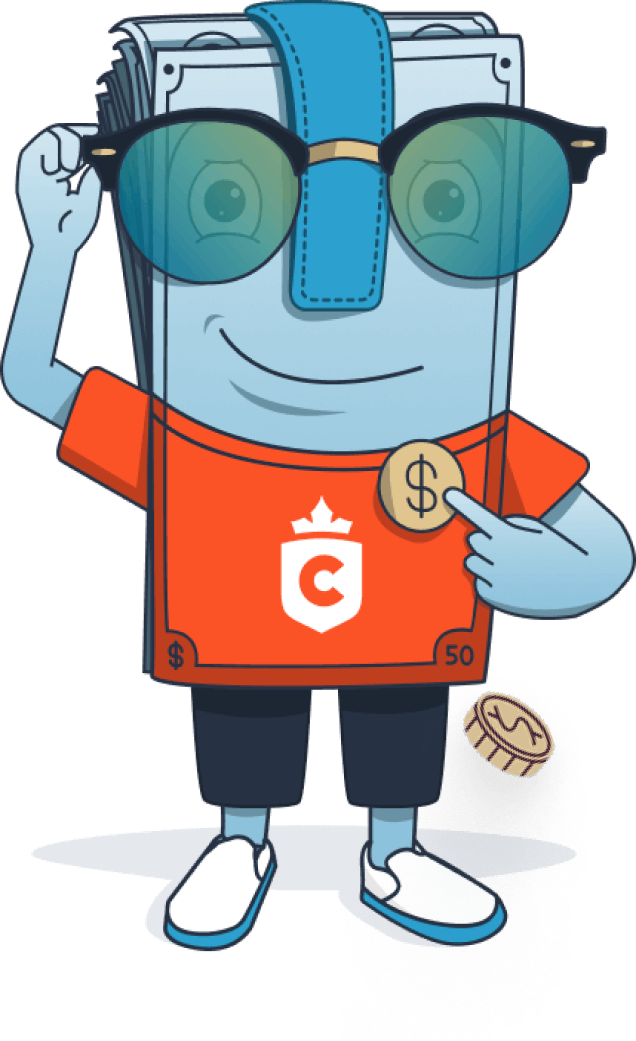

Most people understand that your credit score is important for a whole host of reasons. Yet, it might be surprising to learn that only 41% of Canadians actually know their credit score. Even sadder is that 42% of Canadians learn about their credit and credit score as a result of making a financial mistake.
If you have a basic understanding that your credit score is important, why would you not be more informed about it?
Some people feel intimidated by the idea of all that financial information. Others feel embarrassed.
Use this credit score guide to get informed about your credit score and what it means for you. Read on to learn more.
What Is a Credit Score?
A credit score is a number assigned to you that tells about you and how you handle money and personal finances. Your credit score comes from a calculation using a whole series of indicators related to you and your finances. More on what this number is based on later.
The credit score will be a number between 300 and 850. The higher the score you have the better credit you have and the less risk you are when it comes to borrowing. Conversely, the lower your credit score, the more risk that’s associated with lending to you.
If you’re attempting to borrow money for things like buying a car or a house or to open a new credit card, lenders will look at your credit. They might look at your credit score, the three-digit number assigned to you. Or they might look at your whole credit report. Both paint a picture of how you handle money and whether it’s smart to loan you money.
Ranges of Credit Scores
As was already mentioned your credit score is a three-digit number. The higher the number the better your credit. Credit scores ranges are broken down like this:
- 300-579: Poor
- 580-669: Fair
- 670-739: Good
- 740-799: Very good
- 800-850: Excellent
There are two main credit reporters. Experian would report your FICO score, which is the numbers above. You might also get a score from TransUnion called a VantageScore.
When most lenders are checking your credit, they are looking at the FICO score.
How Is Your Credit Score Calculated?
Not only is it important to know your credit score. It’s also important to know how your score is calculated. If you find your score is less than great, you won’t know how to work to improve it if you don’t know how it’s calculated.
Let’s take a closer look at the factors that make your credit score.
Payment History
The biggest contributor to your credit score is your payment history. This makes up about 35% of your credit score.
Here the credit agencies consider how well you have done paying back the money you owe. They also want to know if you make those payments that you owe on time. It’s one thing to have a budget, but can you stick to it so your payments are made on time.
This is a big indicator of whether you’re a worthy risk when it comes to lending in the future.
Amount of Money Owed
It’s one thing to be able to pay back what you owe. Banks also want to know how much money you owe compared to how much available credit you have.
If you have several credit cards and you’re making payments on time, it’s a good thing. Yet, if you have them used right up to the credit line, it’s not so good.
This is considered your credit utilization. Lenders want to see that you have available credit and you haven’t used every penny of available credit up. If you’re using all of your credit, there’s some risk you couldn’t afford more.
This makes up about 30% of your score.
Length of Your Credit History
Another part of your credit score is how long you’ve had certain credit. If you’ve had a long-standing open line of credit, it can be good for your FICO score.
Here the credit bureaus would look at when you opened credit. How long have you had it? What’s your oldest account? What’s your newest account? What’s the average age of all of your credit accounts?
Again, the longer you’ve had established credit, the better. This makes up 15% of your overall credit score.
Mix of Your Credit
Another small part of your credit score is the makeup of all of your credit. For example, is all of the credit you have open from just credit cards?
While it’s not completely necessary to have a wide mix, it can help your score. It’s good to show that the credit you use comes from a variety of sources. This might include a home mortgage, auto loan, personal loan, or credit card debt.
This makes up about 10% of your score.
New Credit
Sometimes opening a new type of credit can help you. Yet, for the credit bureaus, they get worried when they see you’ve opened up a whole bunch of new types of credit in a small amount of time.
It can look risky to them if you suddenly need to open or choose to open several lines of credit over a short period of time. There can be a concern that you might be over-extended or unable to pay back this new debt.
This makes up 10% of the overall credit score.
How Can a Good Credit Score Help You?
So, now that you know what makes up your credit score, you might wonder about what is a good credit score and how can it help you? For FICO a good credit score starts at 670 and goes up to 739. Above 739, you are considered to have very good credit.
Why does having good credit matter?
A good credit score shows you are a good credit risk. It means that when you need to or want to borrow money, the lender will consider you a safe risk for loaning it out.
In practical terms, it means you get better interest rates when you want to buy a house or a car. It might mean you have access to more money for those loans because you have shown lenders you’re a safe risk and will pay the money back responsibly.
Generally, the higher your credit score the easier it is to get a loan or borrow for a big purchase.
How Does Having a Low Credit Score Impact You?
Just like having a higher score makes it easier to gain access to money or loans when you need it, the reverse is true when you have a lower score.
If your credit score is between 300 and 579, you’re considered to have bad credit. Scores falling between 580 and 669 represent fair credit scores.
So, how will you be impacted if you have a bad or fair credit score?
If your score is very low you can be turned down when you apply to get a loan. Creditors can decide your low credit score is an indicator you are too much of a risk to loan to.
If your credit score is fair, you might be able to borrow money but it will cost more. You might not get as good of an interest rate. You might not be allowed to borrow as much.
Checking Your Credit Score
Once you understand how a credit score works and its importance, you can see why it’s important to monitor your own credit score. How can you go about keeping tabs on your credit score?
Many credit card companies offer free access to regularly updated credit information. If you have a credit card, sign on to their online portal. Most will update weekly or a minimum monthly. You can simply sign onto your credit card account and get an update.
It makes sense to not only monitor your account but also understand if there are any fluctuations in your account. What has happened if your credit score suddenly drops a few points? Take a look at what might have caused this drop.
If you’re working to improve your credit score, you might watch to see if you can get upward movement by doing certain things like paying down debt, paying off a credit card, or even making sure all your bills are regularly paid on time.
You can also go to the credit reporting agencies and get a free credit report once a year. This is also a smart practice. It allows you to monitor, see what potential lenders would see when they look at your credit and also catch it if there are any errors.
Use This Credit Score Guide to Better Understand Your Credit
Use this credit score guide to help you better understand both your credit score and the importance of having good credit. Knowledge about what makes up your credit score can help you to control what happens with your score.
If you’re looking to borrow money, we can help. Check out our loan portal to get more information on your borrowing options.





